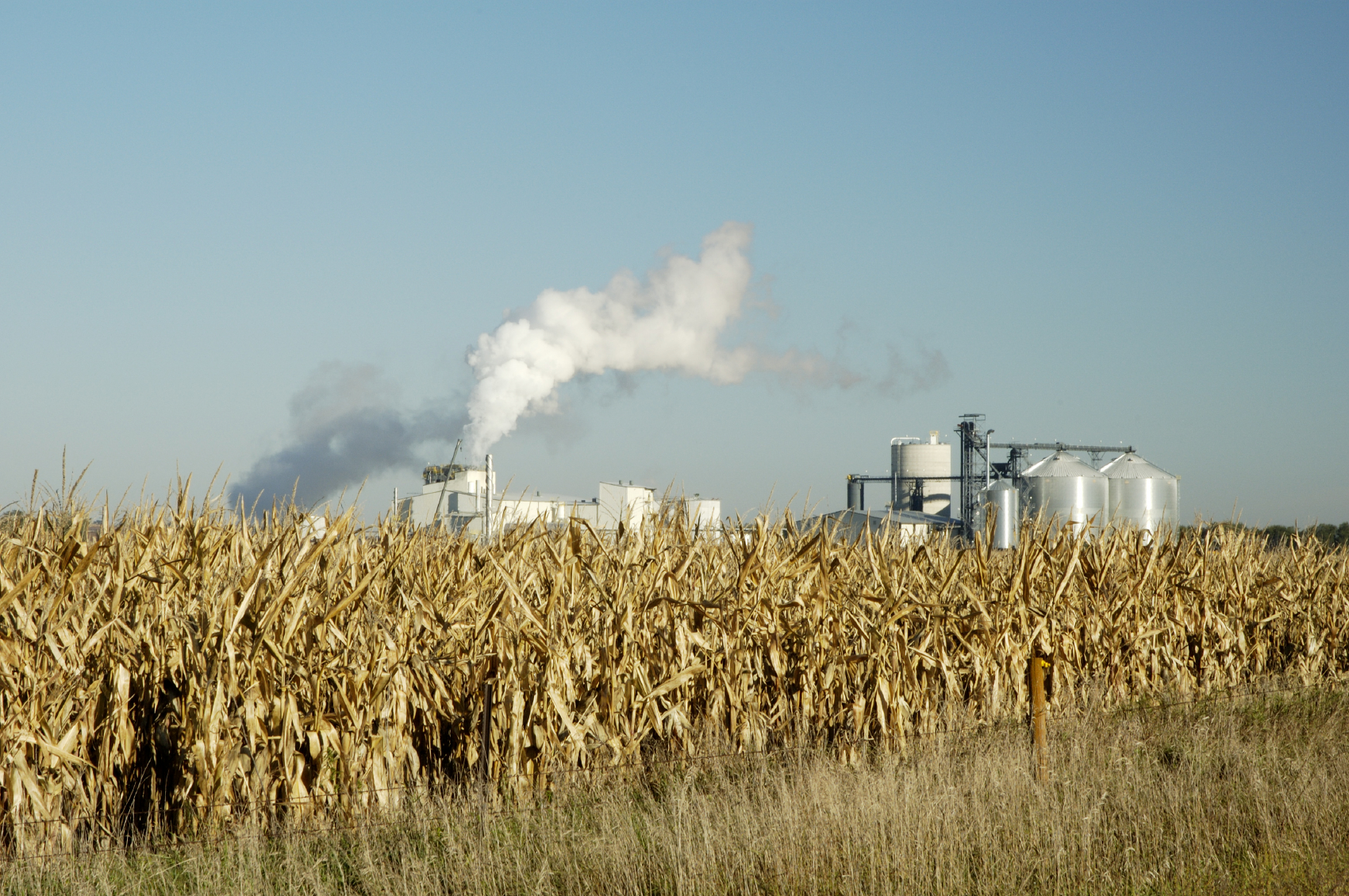Risk Governance Guidelines for Bioenergy Policies – 2007-2008
Project Overview
The development, production and use of bioenergy have become increasingly attractive to governments around the world as an alternative to traditional fossil fuels (oil, coal, and gas).


The project focussed on bioenergy, not only on biofuels. We included aspects related to the trade-offs between biomass used for food vs. energy and, within energy, biomass used for heat and electricity vs. fuel. There was focus on science and technology, drawing on science-based research and combining it with the understanding of experts in the public and private sectors to develop fact-based risk governance recommendations for policymakers.


The project was overseen by an Advisory Board that debated the preparatory findings, provided new knowledge to the project and drew concluding recommendations for decision-makers. The Advisory Board was led by Jeff McNeely, Chief Scientist at the International Union for Conservation of Nature (IUCN).
Policy recommendations


- Biomass for fuel versus food
- Energy security and independence versus climate change mitigation
- Different uses of land, with direct and indirect impact on GHG emissions, soil degradation and water resources
- Local, regional and global needs
Practical actions and instruments that could help policymakers and industry develop sustainable bioenergy production and policies include:
- Assessing realistic capacities to produce domestic feedstock for bioenergy
- Implementing land-use policies which will reduce the risk of land with recognised high biodiversity value or high carbon stocks being converted to grow biomass feedstock
- Promoting more sustainable agricultural practices
- Fostering research and development that enables a faster move toward new forms of bioenergy
- Managing the impact of bioenergy generation on water resources
- Maximising the use of waste, particularly sewage
- Further developing and using risk assessment methodologies locally
- Adopting internationally agreed sustainability and certification standards recognised under international trade rules
- Clarifying the definitions under international law of bioenergy products
- Developing adaptive regulatory frameworks that set the conditions for transparent and balanced markets for producing and exporting countries to meet, first, their domestic needs, and, second, the needs of international trade
- Employing only technology-neutral economic instruments
- Engaging consumers with transparent communication
IRGC hopes that future public policies will emphasise:
- Market-oriented approaches
- Environmental sustainability
- Adaptive regulation, production and behaviour
- Acceptance under WTO rules of obligatory biomass certification
- Priority given to economic concerns for developing countries, with a focus on food, employment and energy needs
Download
- Risk Governance Guidelines for Bioenergy Policies (Executive Summary, 2008)
- Risk Governance Guidelines for Bioenergy Policies (Policy Brief, 2008)
- Governing the Risks and Opportunities of Bioenergy (Concept Note, 2007)
